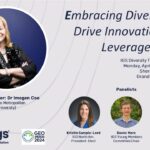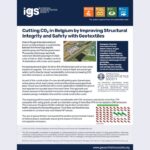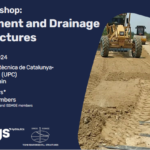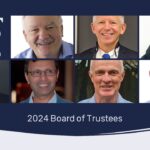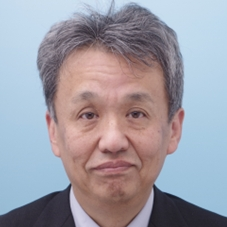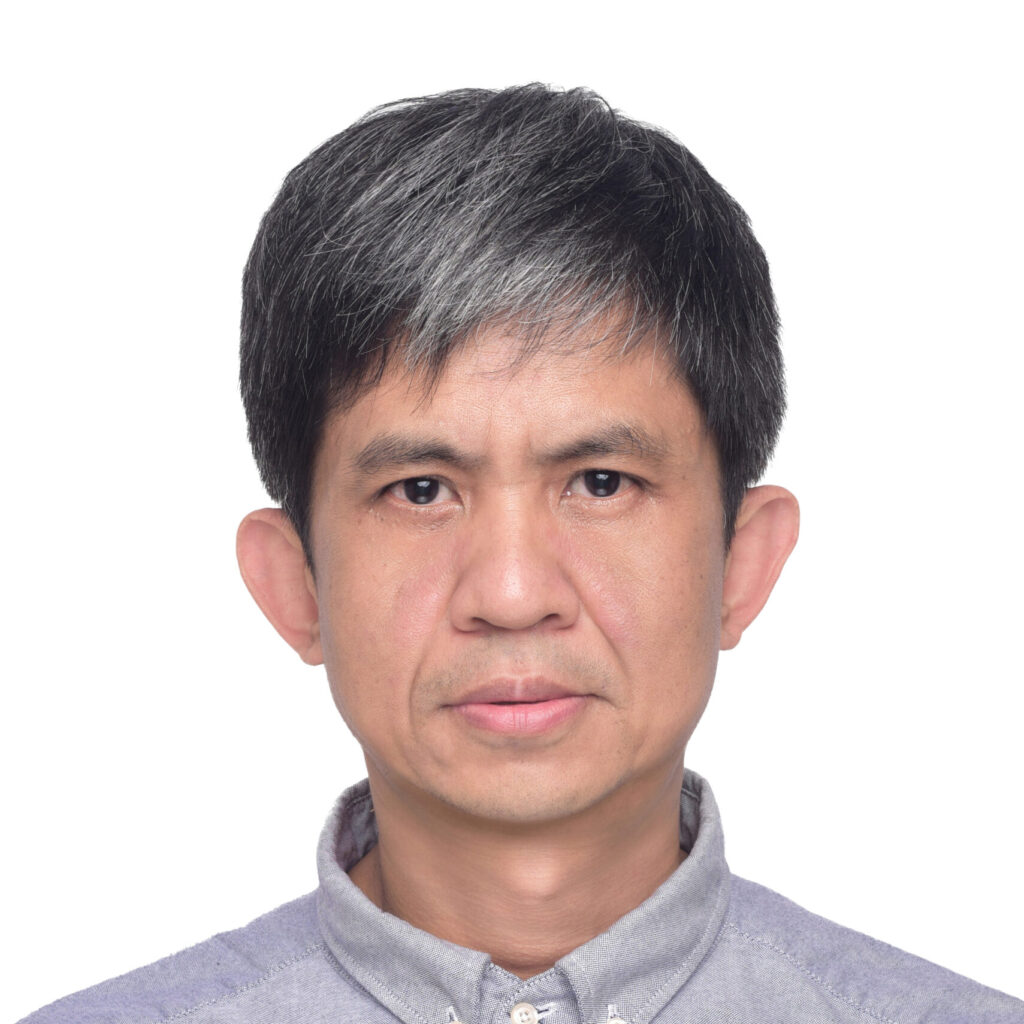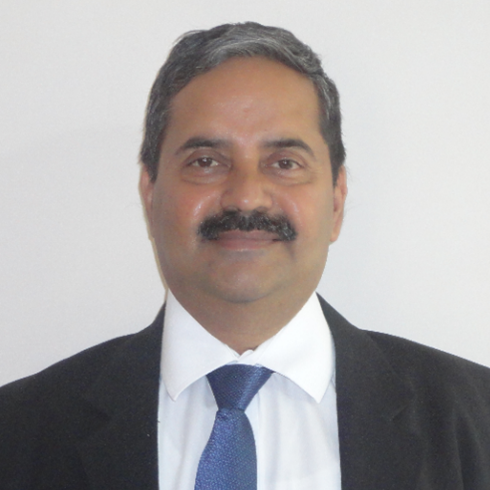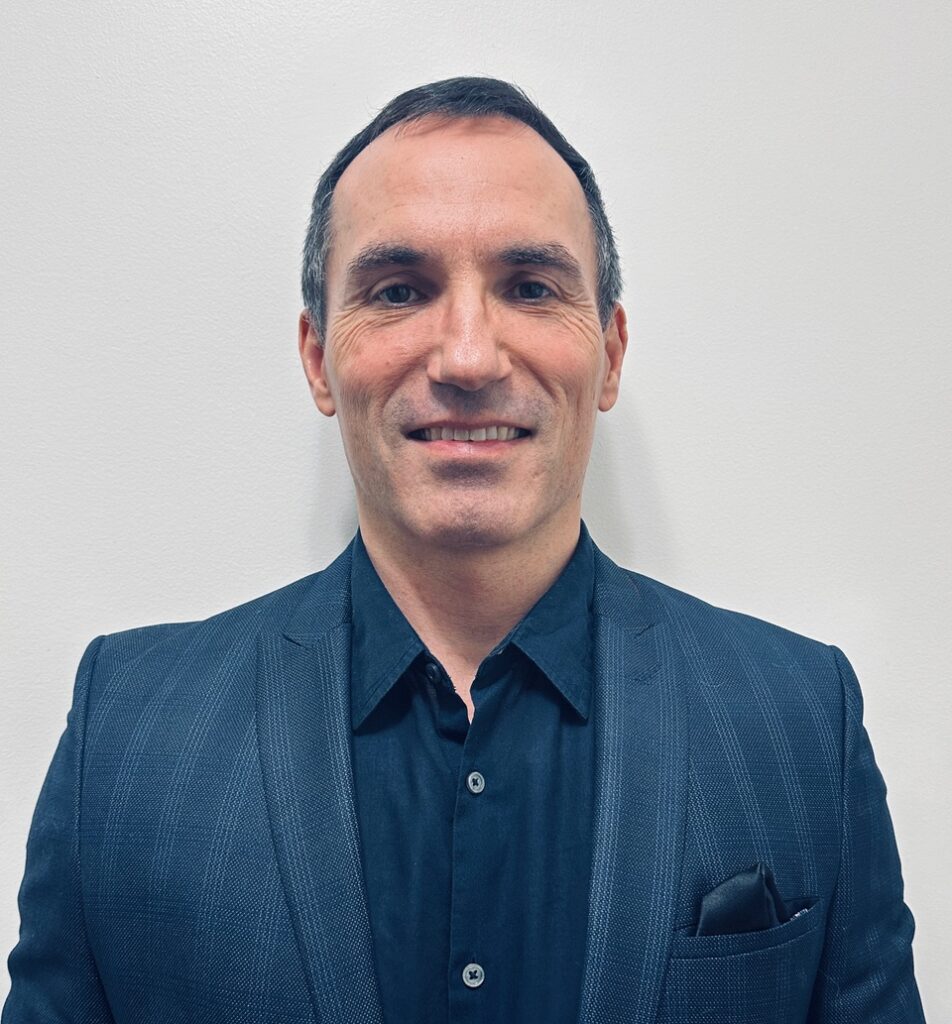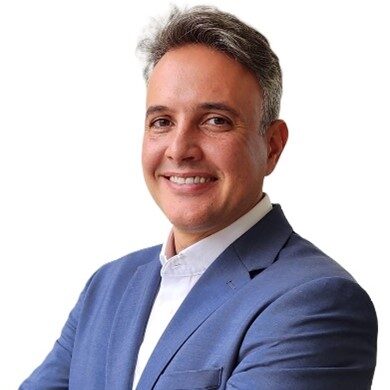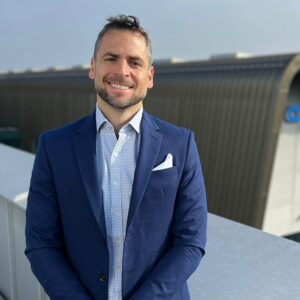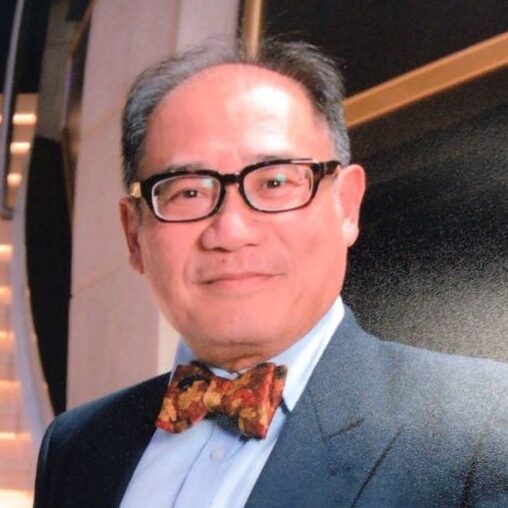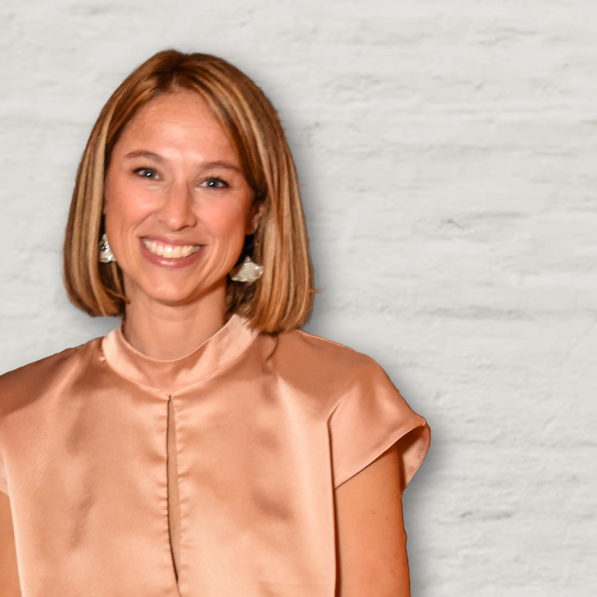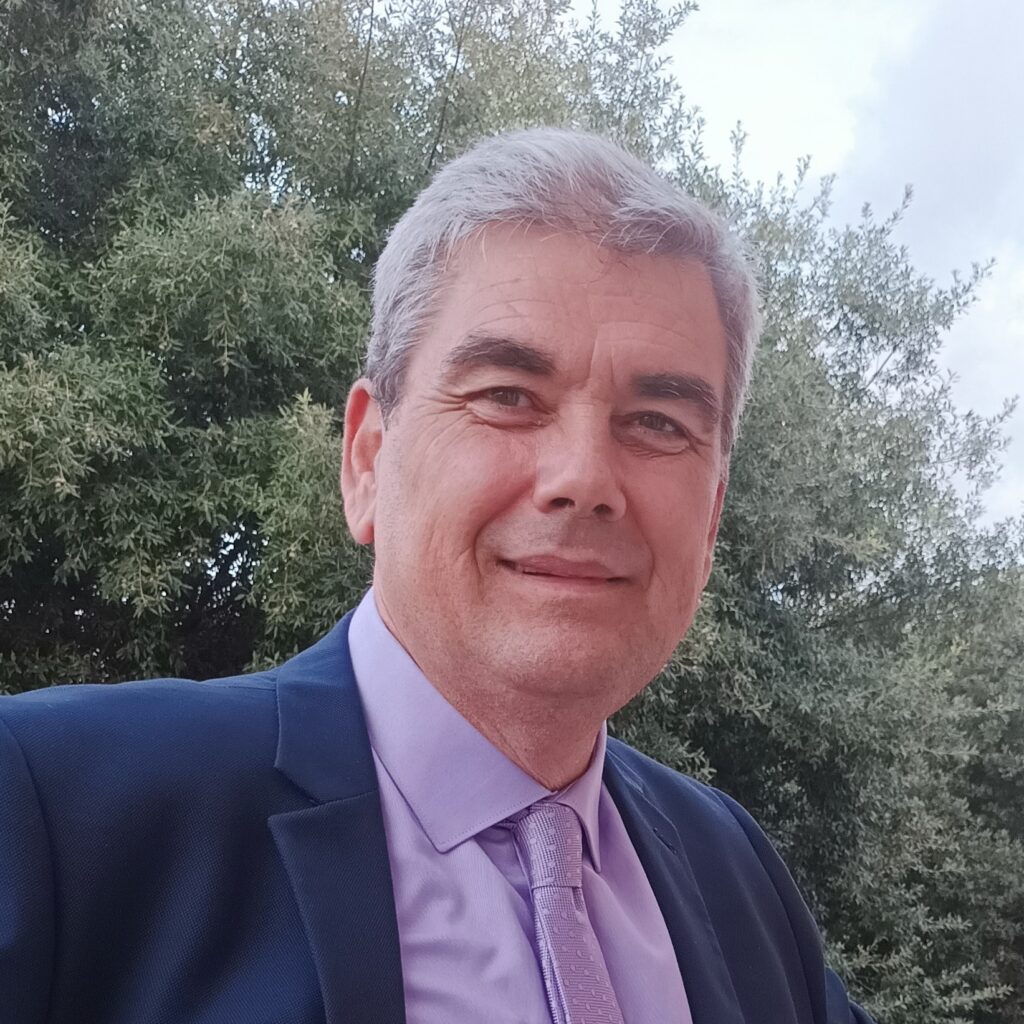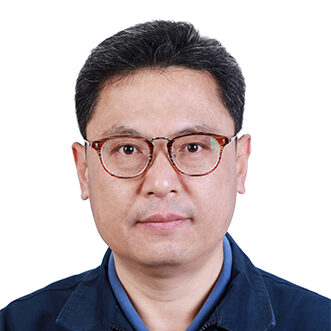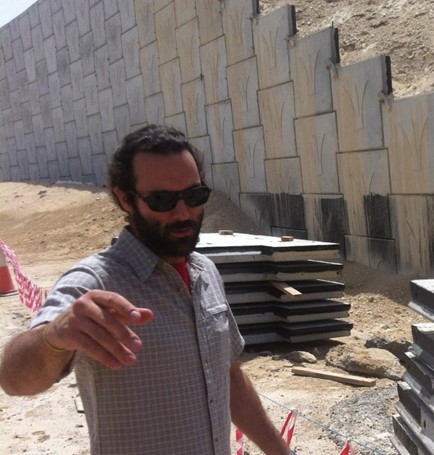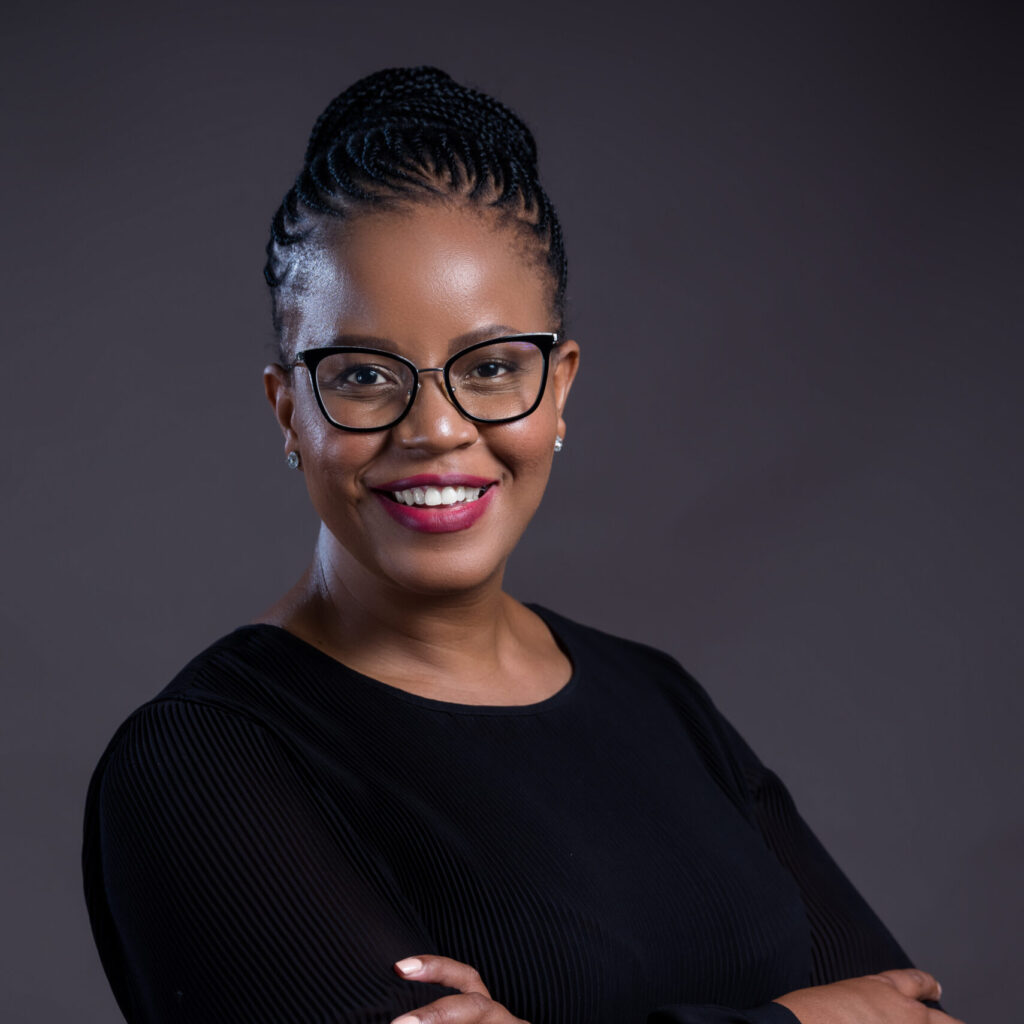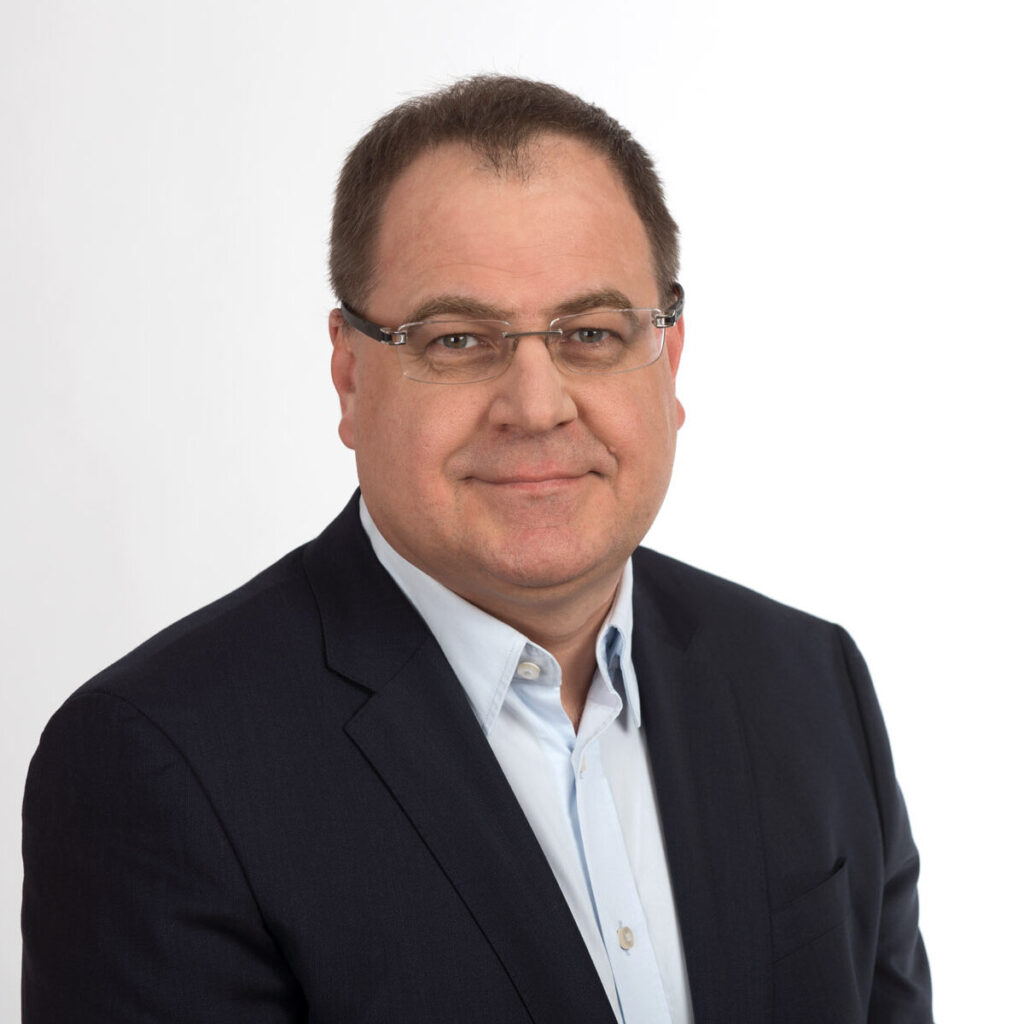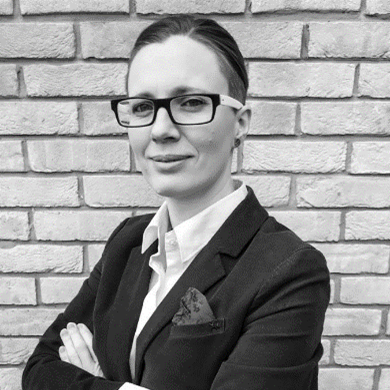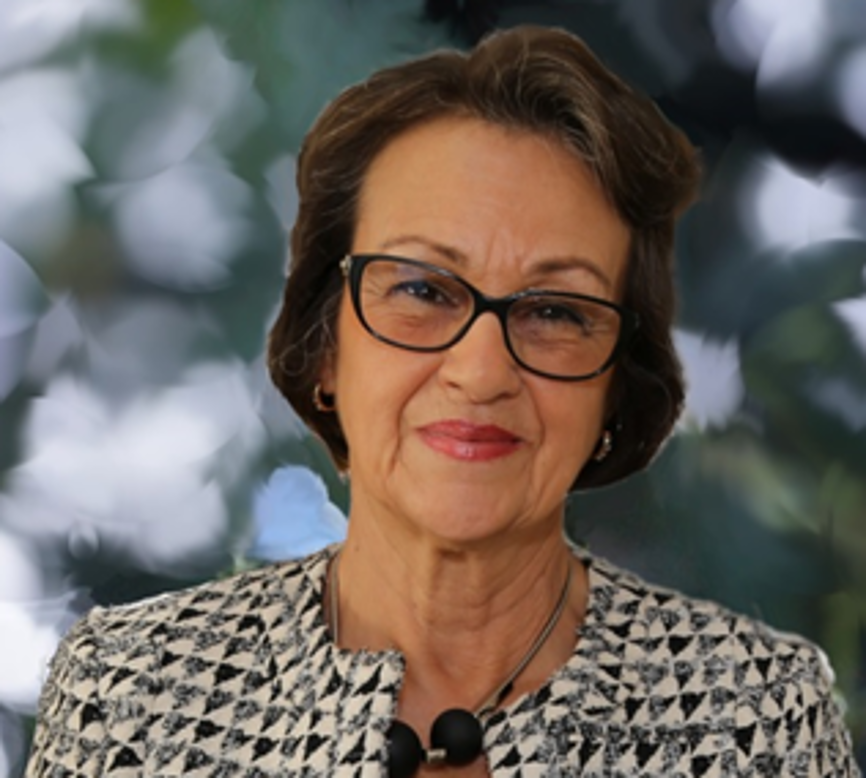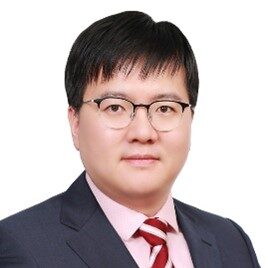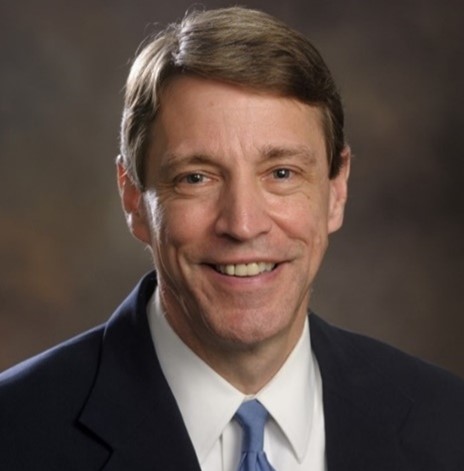Recycling, smarter use of energy, and a shared drive toward a circular economy are spearheading environmental gains in geosynthetics globally.
Innovative companies are raising the bar on the use of recycled content in the manufacture of high-quality geosynthetic materials. Others are implementing new methods to offset carbon emissions, while still more are developing new techniques for the greener disposal of geosynthetics.
These initiatives are having a huge positive socio-economic impact, regenerating livelihoods and communities, and building on the familiar benefits of using geosynthetics including lowering greenhouse gas emissions during construction, longer-lasting engineering solutions and more effective waste management.
But are these efforts really worth the investment?
These businesses certainly stake their reputations on it.
Building a greener product portfolio
Geofabrics Australasia has been manufacturing geosynthetics for more than three decades at its site at Albury, New South Wales. It is Australia’s largest manufacturer and supplier of geosynthetics for the building and infrastructure sector.
The company increased its use of recycled content in its products from May 2020 with the creation of materials that used 100% recycled packaging for geotextile rolls, flat drainage pipe made from 100% recycled HDPE, and nonwoven paving fabrics made from recycled PET.
These initiatives have helped to divert upward of 1,000 tons of recycled PET (lightweight plastics) and 750 tons of recycled HDPE (high-density plastics) from landfill. They have already stopped more than 11 million plastic bottles from being disposed of in landfill or waterways.
Geofabrics CEO and Managing Director Dennis Grech said: “Australians create 74 million tons of waste each year, of which 130,000 tons of plastic waste ends up in our waterways and oceans. There is a need to move from a ‘make-use-dispose’ model to a ‘make-use-reuse-repair-recycle’ model.
“As an Australian manufacturer and key player in geosynthetics in the Asia Pacific region, Geofabrics wants to contribute to the reduction of plastic waste in landfill and to help Australia solve ‘the big environmental problems’.”
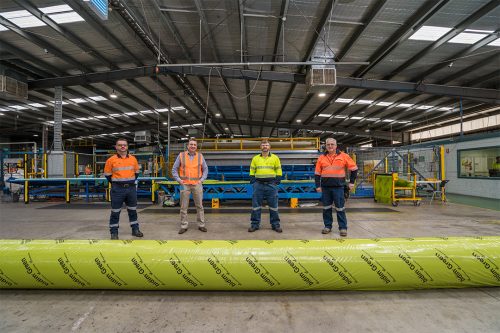
He continued: “Striving to innovate on high quality sustainable materials with multiple applications in virtually any civil engineering construction project is also an opportunity to inform and educate stakeholders in how together we can build a more sustainable national infrastructure.
“The impact of our green product portfolio goes beyond the raw material content usage. It contributes to sustainable resourcing and procurement and the circular economy.”
Implementing greener sources of energy
‘People Planet Progress’ is Kaytech’s philosophy. Established in 1971, the geotextiles company based in Kwa Zulu Natal, South Africa, won Petco’s Recycling Innovator of the Year Award in 2018.
Petco, of which Kaytech is a member, is South Africa’s PET recycling company.
Focusing on its impact on energy consumption during manufacturing, Kaytech supplemented its power supply by up to 7% with energy from a vast array of solar panels. This is expected to increase to 15%.
Kaytech also uses 76.5 million recycled polyester (PET) cold drinks bottles annually to produce recycled geotextiles. Its other general products include geogrids, staple fibres and geosynthetic clay liners (GCLs).
Kaytech’s venture into recycled PET bottle grade materials began in the late 1980s. As time went on, improvements in the quality of raw materials used in PET bottles dovetailed with advances in manufacturing technology, allowing more recycled material to be used in more critical geotextile product ranges. Since the early 2000s no virgin polymer has been used in the production of geotextiles at Kaytech.
The firm’s Managing Director Mike Sander said: “Although we are already redirecting a significant number of used PET bottles from landfill, as well as reducing the need for textile virgin grade polymer to be produced using crude oil, we are aware of our own impact on the environment, hence we have also invested in renewable energy sources to offset our carbon emissions.”
Key links in the plastics recycling chain
Vital cogs in the geosynthetics’ recycling machine include companies like Re-Gen Enterprises, which handles the disposal of geomembranes in an environmentally-friendly way.
Based in Idaho, in the USA, Re-Gen salvages geomembranes used in containment before delivering them to recycling partners to process for re-use. This contributes to the market for recycled materials while also diverting materials from landfilling.
Re-Gen’s Co-founder Jeremy Morris said: “Our goal is not simply to stop at removing used geomembranes from the waste stream, but to make a difference for our customers, our families, our neighbors and our peers. It is wrapped up in what we call RL3, which stands for Reclaim Liners, Restore Land, Regenerate Lives. Plus, efficiency and innovation equals lower costs for our customers.”
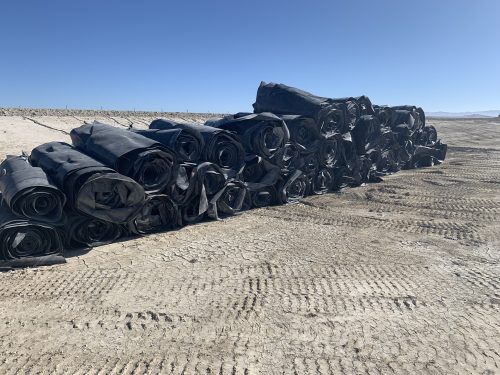
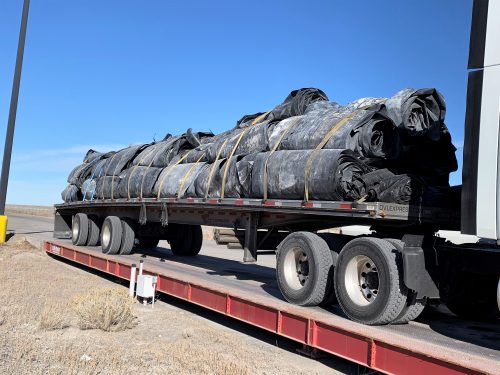
Re-Gen Enterprises was formed in 2013 as a response to the demand for a more efficient way to dispose of containment liners. It explored ways plastic and resin-rich products were disposed of, which led to the creation of its recycling service.
Re-Gen says it has created efficiencies that minimize its footprint and safety risks. Custom-fabricated machinery cuts the geomembranes into strips before its patented roller attachment rolls the sections, dispersing sediment from the material as it reels. This creates a lighter roll, cutting down on disposal costs, making the material much easier to transport and more suitable for recycling.
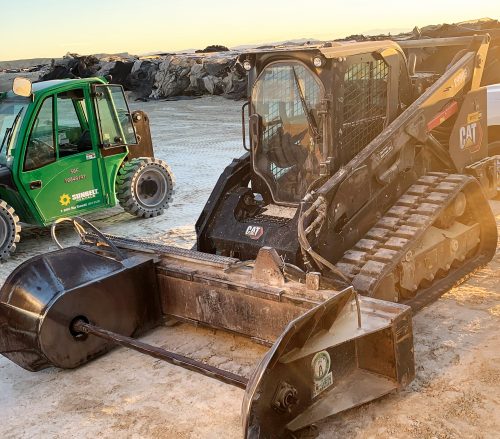
Recycling partners then clean, shred and toll process the liner, before melting and pelletizing the polymer. This is then re-marketed as recycled stock to customers who use it for a range of purposes, such as manufacturing garbage cans and vacuum cleaner parts.
Mr Morris added: “We created a niche and for nearly nine years, and have been working to be the best we can be at it. It’s led us to some amazing relationships with customers, recycling partners, vendors and valuable employees. Our goal is simply to stay on course and steward RL3.”
Elements for success
There is no one way of creating a greener geosynthetics business but being consistent, committed and aware of market and supply vulnerabilities and opportunities could help make your sustainability efforts more sustainable.
Mr Grech, of Geofabrics, said: “Operating more sustainably requires organizations to have a strong and continual commitment to sustainability and recycling. Circular economy, lifecycle impact, carbon footprint and emissions and elimination of any additional process waste to landfills are important to consider while implementing recycling initiatives.”
Cultural awareness about green living is only going to accelerate, inevitably reflected in the use of sustainable products to build infrastructure, he adds.
There will be challenges, but also opportunities.
Mr Grech says this could include the lack of availability of suitable recycled raw materials to manufacture engineered products. However, this might encourage greater use of local recycled material and investment in building infrastructure for recycling.
He said he would also like to see greater collaboration in the plastic value chain to encourage more innovation using recycled materials to manufacture geosynthetics, and thereby increase the demand for these products.
“One of the myths is that recycled products are cheaper and inferior in quality. This is not the case. Incorporating recycled raw material and manufacturing to a high quality requires research and development and process excellence,” he added.
Experts agree that businesses must be mindful of just paying lip service to sustainability or ‘greenwashing’ – relying on marketing spin than anything real and substantial.
Kaytech’s Manufacturing Director Chris Els said: “The use of recycled materials cannot be driven sustainably by simply depending on ‘green’ credentials. If this was the case, your business model is exposed to the often emotionally-driven flavour of the month of the environmental lobbyists and governments.
“Introducing and investing in recycling must make economic sense, directly benefit the environment and the people value stream in it, whilst offering your customer a fit for purpose quality product.”
He added: “Beware of building your business model on short term incentives or grants, as they are seldom sustainable.”
The benefits of sustainable manufacturing also go beyond ‘just’ saving the planet.
Mr Els said: “Here in South Africa, as in most of Africa, we have the additional socio-economic impact of bettering the lives of large numbers of often unskilled persons, with few or no other employment alternatives. By utilising recycled materials we open the door to income opportunity for this sector of society.”
Mr Grech added: “There is a cultural shift in 2021 versus where we were 10 years ago. Thinking forward a few years from now, that cultural shift will just continue to accelerate, and this will be reflected in the use of sustainable products to build our infrastructure. For our industry this will require the next generation of civil and construction engineers to make sustainable construction a norm, and to demand projects that are sustainable.”
The international geosynthetics community is a rich source of innovation when it comes to sustainability and offers a supportive sounding board for companies beginning or evolving their green journey.
Learn more about how geosynthetics can help construct a more sustainable world by getting in touch with the IGS Sustainability Committee here.
Do you have a sustainability success story? Email us at igssec@geosyntheticssociety.org.


